How sexist cities are preventing women from entering India’s gig economy
In major cities like Mumbai, men’s public toilets outnumber women’s by 25 to one, a stark divide that prevents many female workers from considering jobs as delivery agents or taxi drivers. Experts tell Vishwam Sankaran this is because women are still being excluded from the city planning process
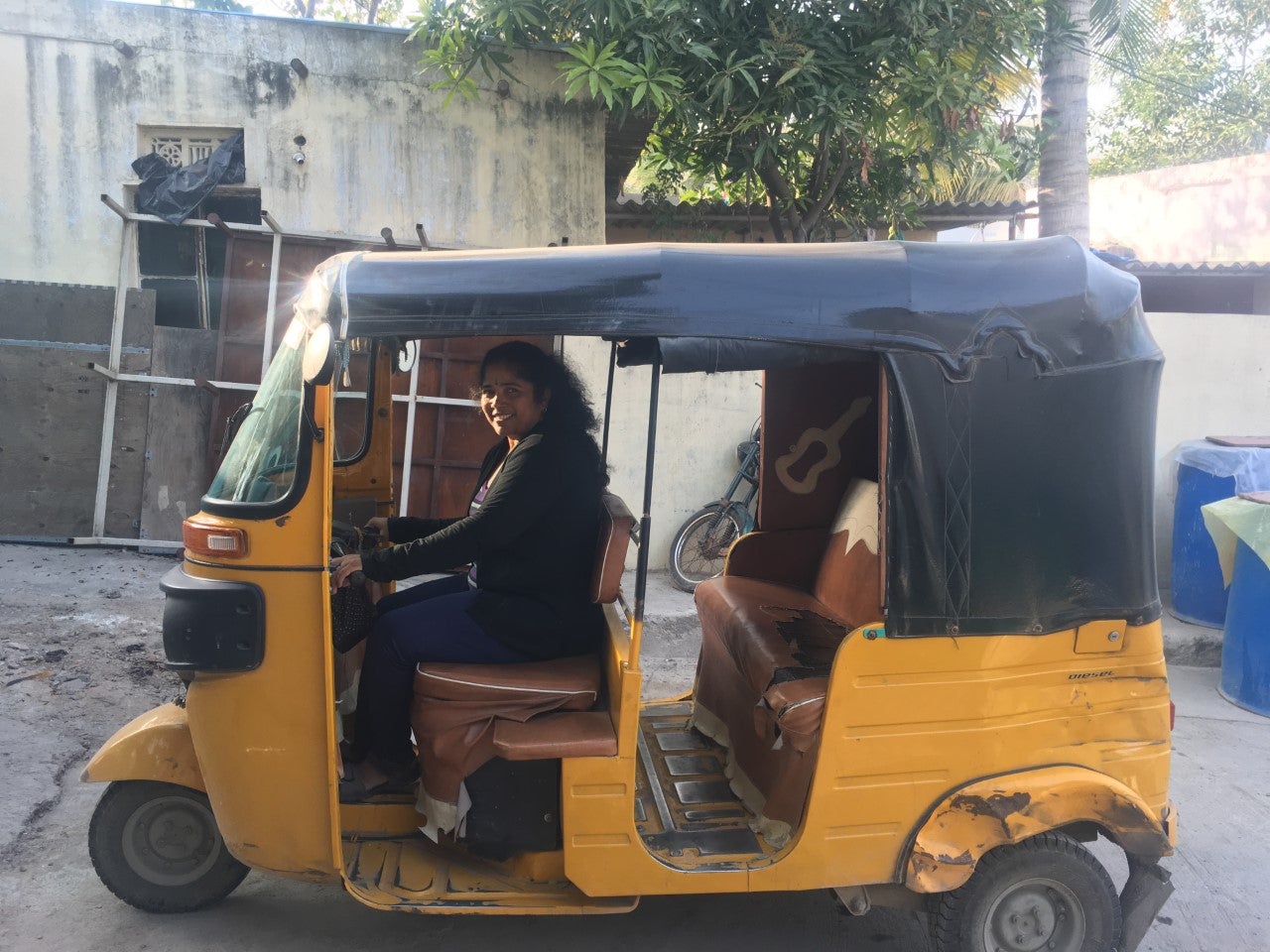
Vennapusa Narayanamma is nothing short of a celebrity in Nizampet, a satellite city on the outskirts of Hyderabad in southern India. Dubbed the “Auto Rani” (“rani” meaning “queen”), she was one of the first women ever to obtain an auto-rickshaw driver’s licence in the city.
That was about 15 years ago – yet today, in a city that has more than 100,000 three-wheeled taxis, Narayanamma remains just one of only eight female rickshaw drivers, according to sociologist Sneha Annavarapu.
While the boom in ride-hailing apps like Uber and India’s own Ola has seen more and more people enter the driving economy in the city, hardly any women take up the profession. And although this is due to a number of factors, one of the main reasons is the lack of accessibility to women’s public toilets, Narayanamma tells The Independent.
“Many women want to be drivers so they can make money for their family, and so their children don’t have to struggle. And one way they want to earn is by driving autos,” says the 40-year-old, who also trains women to become drivers.
“While women are pulled back by social stigma and other factors, it gets more difficult when lady drivers can’t even access something as basic as a toilet.”
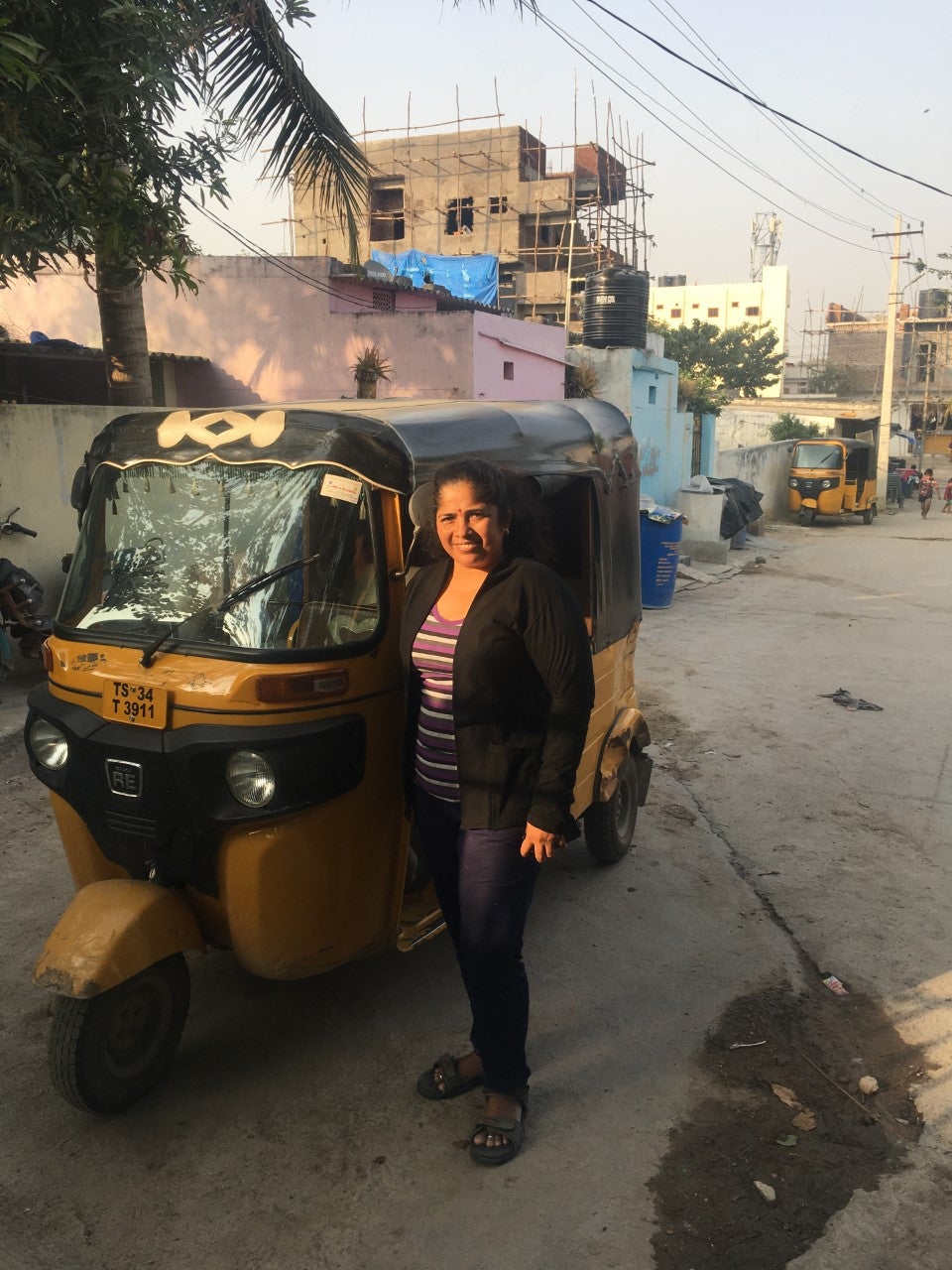
Universal sanitation has been one of the flagship policy drives of the Narendra Modi administration, which claims to have built 100 million toilets across rural India. But while the government has achieved some success in tackling open defecation in villages across the country, Narayanamma says that even in a major city such as Hyderabad, the availability of safe and clean public toilets is patchy.
People in a city are more likely to be able to make use of alternative facilities, such as restrooms in malls and restaurants, but these aren’t really an option for women drivers, Narayanamma says. “You can’t tell the passenger to wait while you go inside a mall. But it is much more acceptable to customers if you could just park near a public toilet along the road and say you need to use the restroom for a minute.”
This problem is far from confined to Hyderabad. India’s last census in 2011 found that there were about 5.75 million women living in the bustling city of Mumbai, which had just under 400 public toilets for women, many of which were pay-to-use facilities. By contrast, the city has close to 7,000 toilets and 3,000 urinals for men.
Workers for food-delivery services like Zomato and Swiggy also say the lack of adequate public toilet infrastructure is a hurdle that prevents women from participating more in the gig economy.
As of June last year, only 0.5 per cent of Zomato’s delivery partners in India were women, and Swiggy had only 1,000 women among its fleet of 220,000 workers.
Saraswathi, a delivery agent working with Zomato in Chennai, says the unavailability of safe and hygienic public toilets for women is a major problem. Working for at least 10 hours a day delivering food, she says her range is restricted to places within a radius of about 15-20 minutes from her house, so that she can go home and take a bathroom break if she needs to.
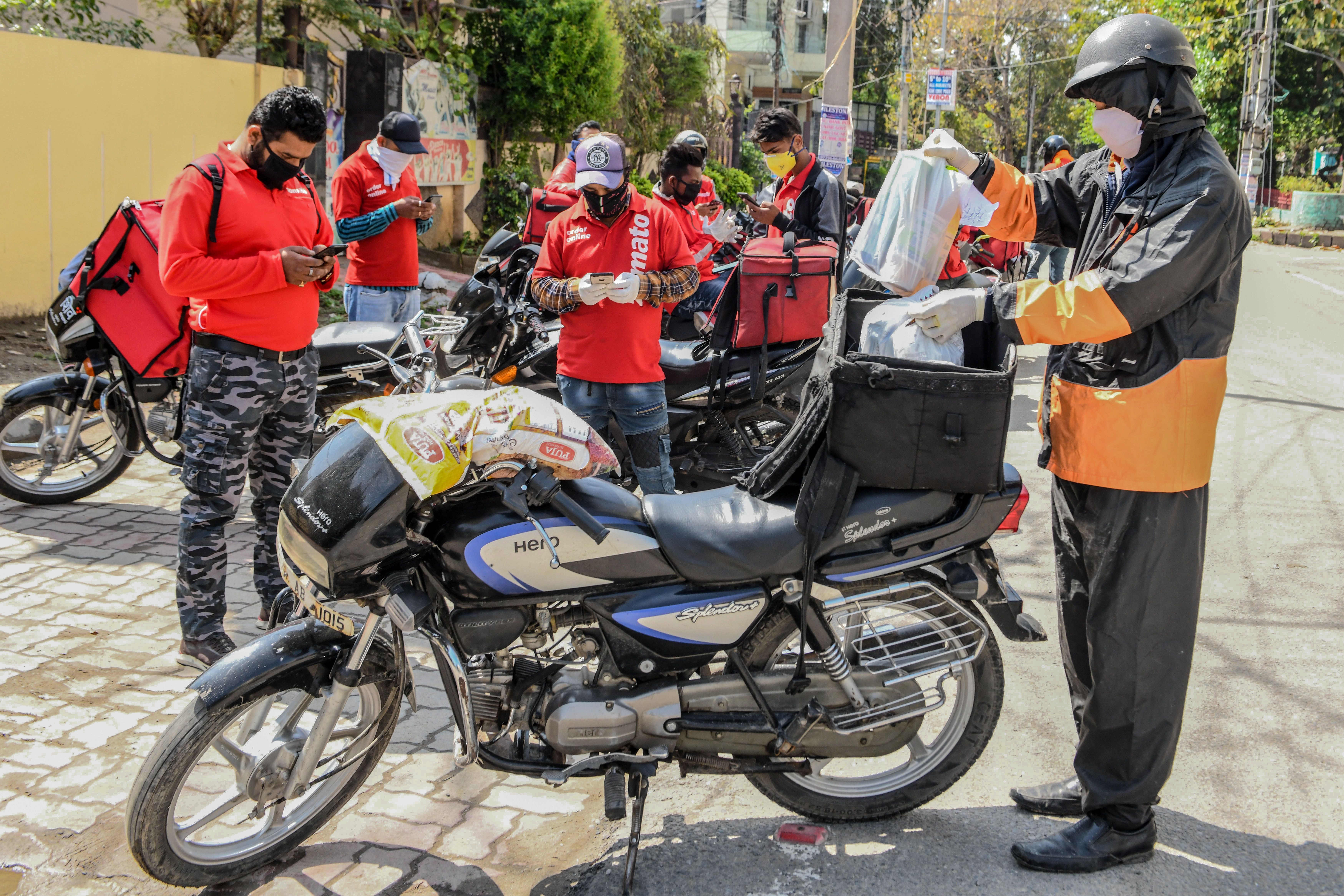
“Male drivers aren’t restricted like this, since they have the option of urinating outside at a secluded place if they need to,” Saraswathi says. “If we had safe and clean public toilets with good water facilities in every neighbourhood, our work would get much easier,” she adds.
Vineetha* (name changed), another Zomato worker in Chennai, says the lack of access to toilets means that she and many of her female co-workers have to stop altogether when they are on their period. “Many women take leave for those days, and that could be avoided with more clean toilets in the city,” she says.
Working for at least 12 hours and covering around 100km each day, she says she is also restricted to delivering food closer to her house so that she can go home for bathroom breaks if needed.
This can become a serious health issue in the searing heat of India’s summer months, she says, because many female delivery agents simply avoid drinking water while working so they are less likely to need the bathroom.
Swiggy has previously acknowledged this issue, saying in October that “our partners, both men and women, spend a considerable time on the move and often don’t have easy access to clean and safe public restrooms”. The company said it was working with its restaurant partners to make more toilets available for its delivery drivers.
But despite these promises, gig-economy workers say they have been repeatedly denied access to such facilities by restaurants. “Some restaurant managers are rude to us,” Vineetha says. “They expect us to be paying customers to use their toilets.”
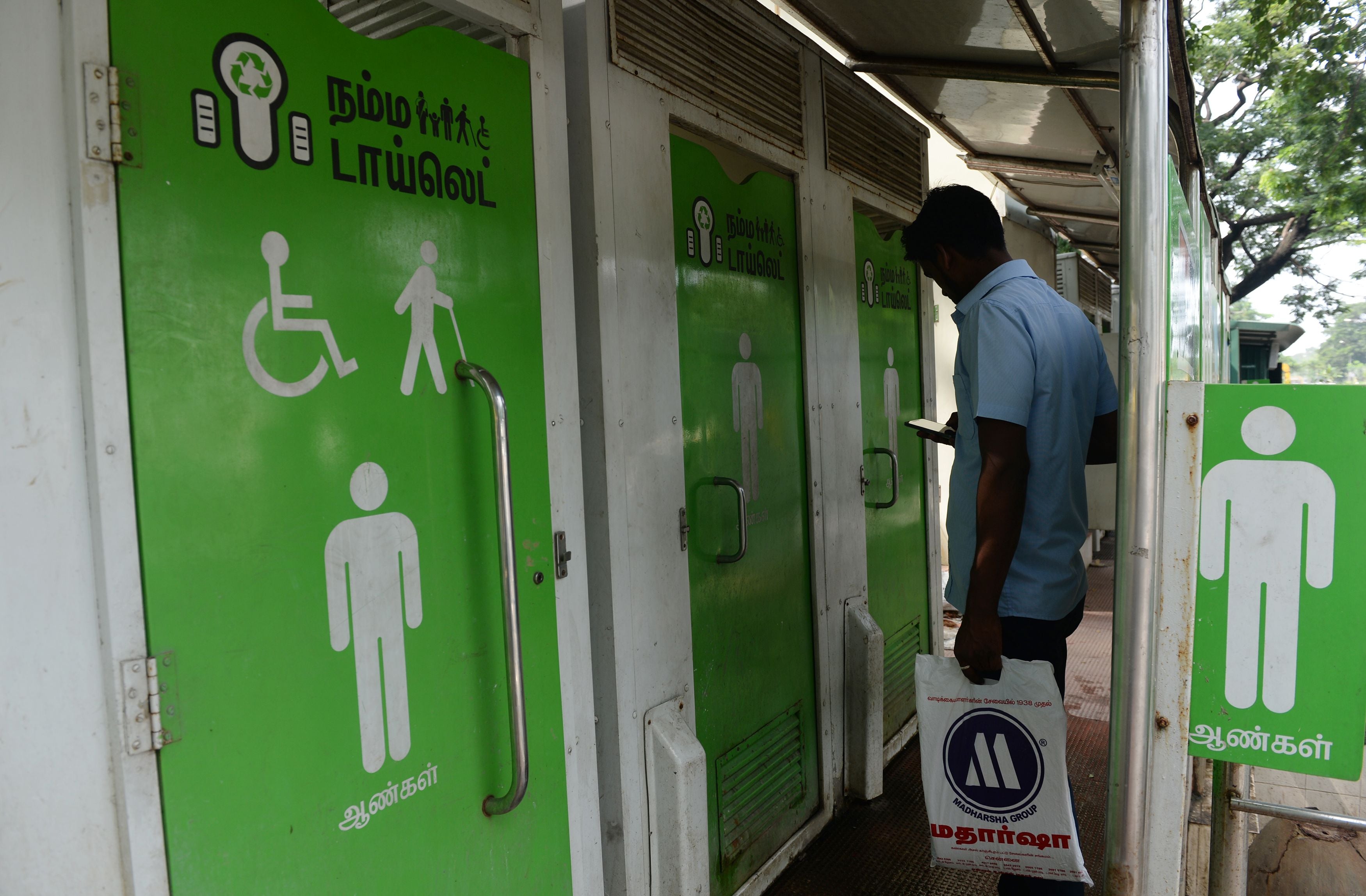
Building more toilets, alongside better maintenance of existing facilities, would go a long way towards opening up these sectors to female workers, the drivers say.
But in the short term, a new smartphone app developed in Chennai, which maps all of the city’s public toilets, is seen as a step in the right direction.
Last month, the city was host to the International Toilet Festival, where the city’s corporation, partnering with the Dutch government, NGOs and researchers as part of a “toilet fellowship”, launched Kakkoos – an app that crowd-sources the location of nearly 1,500 public toilets across Chennai’s neighbourhoods.
Researchers who were selected for the fellowship underwent a seven-day mentorship programme, which included lectures on gender-based and caste-based discrimination when it comes to toilets, and on making public toilets gender-inclusive.
“In Indian cities, the toilet infrastructure is grossly inadequate in terms of its numbers, its location, and its design,” says urban designer and architect Rwitee Mandal, who was one of the mentors.
“On top of that, when city planners build public toilets, the gender lens is not there at all,” says Mandal, who in her other role as a data analyst looks at how gender and the built environment intersect to create inequities.
She says that all Indian cities dedicate fewer spaces to the provision of public toilets for women, and that those that do exist are given the same square-footage as men’s toilets. Yet because women’s toilets only have stalls, rather than a mixture of stalls and urinals, in effect they cater for fewer people.
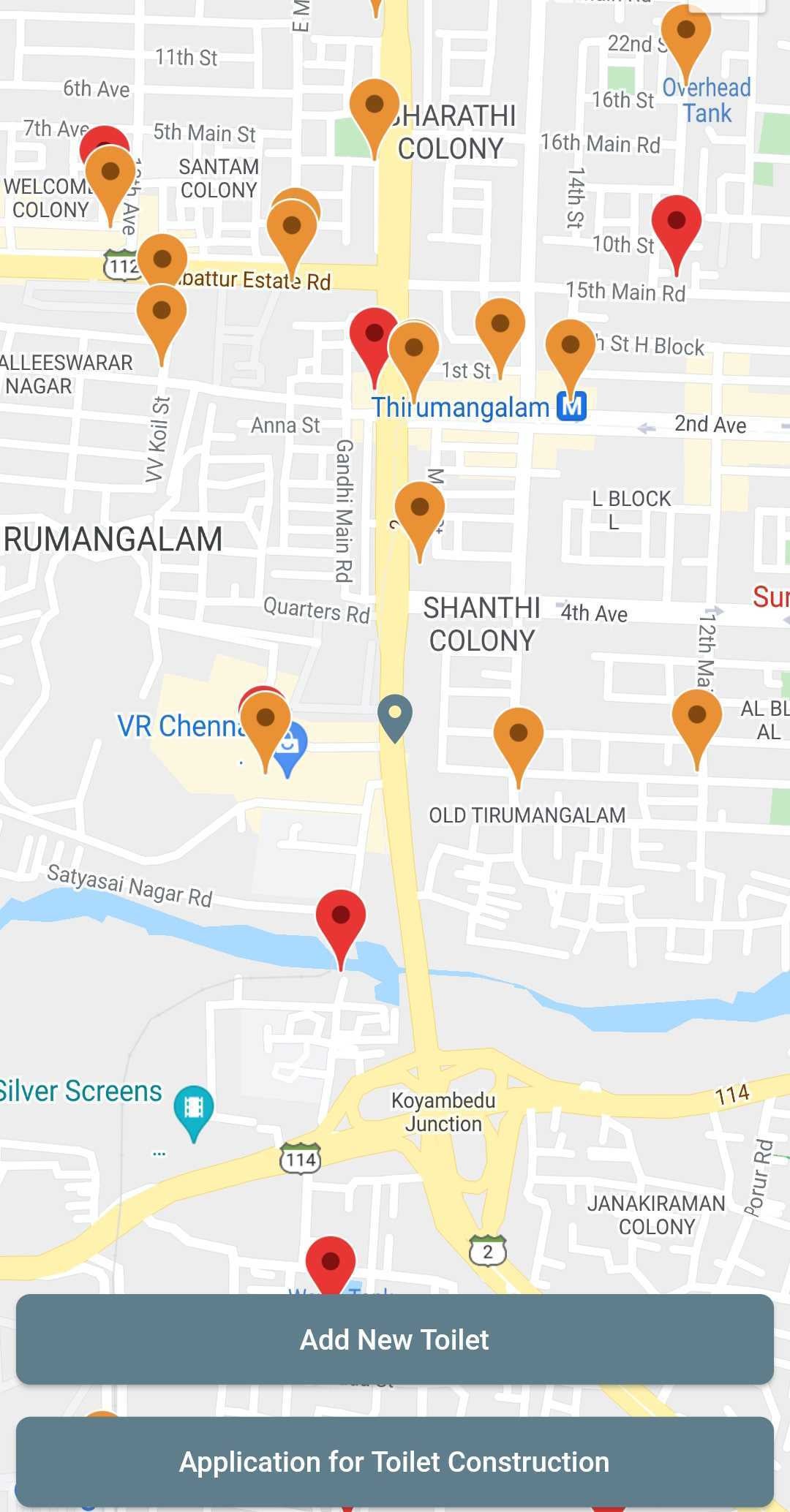
“This is because there is no representation in the decision-making [process], which is mostly done by cis men, and there is no understanding of the needs of women and trans people,” Mandal says.
“The number of toilets built for women is inherently less than the number for men, with a flawed reasoning that fewer women access public space,” she says. This is despite the fact that the capital, Delhi, for instance, has building regulations requiring a 50-50 split in facilities for men and women using public spaces.
The Delhi-based architect says the perception of the safety of public toilets is slowly changing. New designs for public toilets incorporate better lighting, as well as having a clearly visible entrance that faces onto the street – which is seen as an important safety feature.
But in order to achieve equitable access to public toilets, says Mandal, it is essential to have increased representation of women, as well as gender and caste minorities, in the decision-making process, “whenever any government body is setting out to build public infrastructure like toilets”.
Sneha Visakha, a research fellow on urban development and municipal governance at the Vidhi Centre for Legal Policy, an independent think tank, says that just making bathrooms available “24/7 for everyone free of cost” can make cities safer.
Visakha, the host of the Feminist City podcast, says having public toilets well lit and open at night, and operating free of charge, would encourage women to come out and occupy the city, not just during the day but also at night.
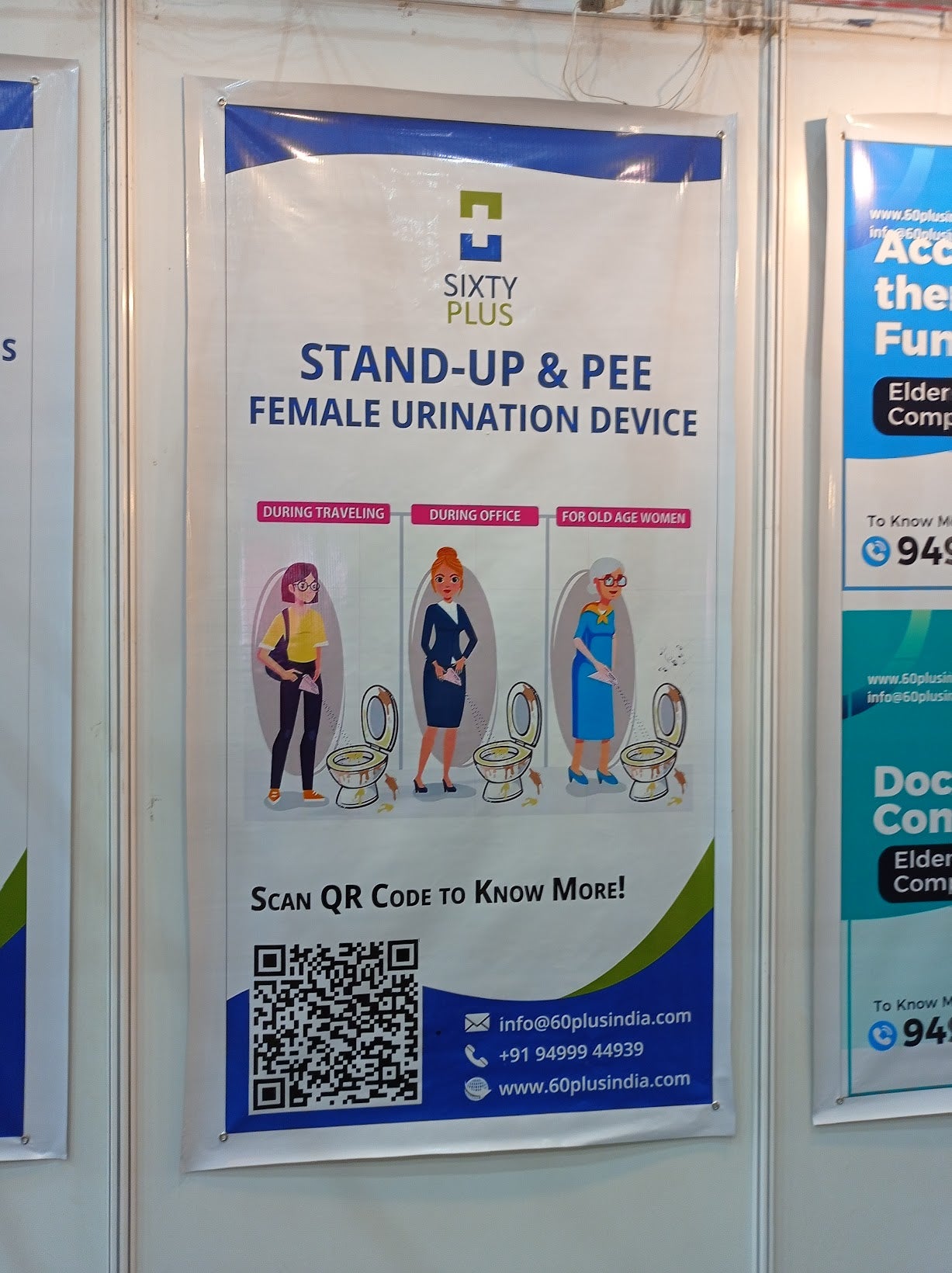
Although public toilets are built to discourage people from open defecation, she says men still view peeing in the open as an option, with no social taboo holding them back.
“So men, who will not be impacted by user charge, are the people who are able to defecate openly without concern for safety or social sanction, but the group of people who cannot do that, and who are forced to pay, will still be the large group of women who cannot do it without the dignity and the safety of a public restroom,” she says.
Toilet accessibility is not just a gender issue, says Deepa Pawar, founder and head of the Anubuthi Charitable Trust in Mumbai. She says that historically oppressed people from nomadic tribal backgrounds, who come to the city for work and are less likely to have a home and toilet of their own, are among those worst affected by the fees charged at the city’s public toilets.
The oppression of these nomadic communities was codified by India’s colonial British rulers in 1871 with the Criminal Tribes Act, and though the Indian government lifted the law after independence and “denotified” these tribes, they have continued to face stigma and discrimination ever since.
“They are constantly criminalised, they are blamed, they are arrested, they are abused for no fault of theirs. They are simply trying to exist,” Pawar says.
“When we look at sanitation infrastructure, we have to look at all this background, because when they need to answer nature’s call, they face many obstacles in accessing public toilets because they are not built for them or near their settlements. In fact, these communities are not counted as existing in a particular area,” she says.
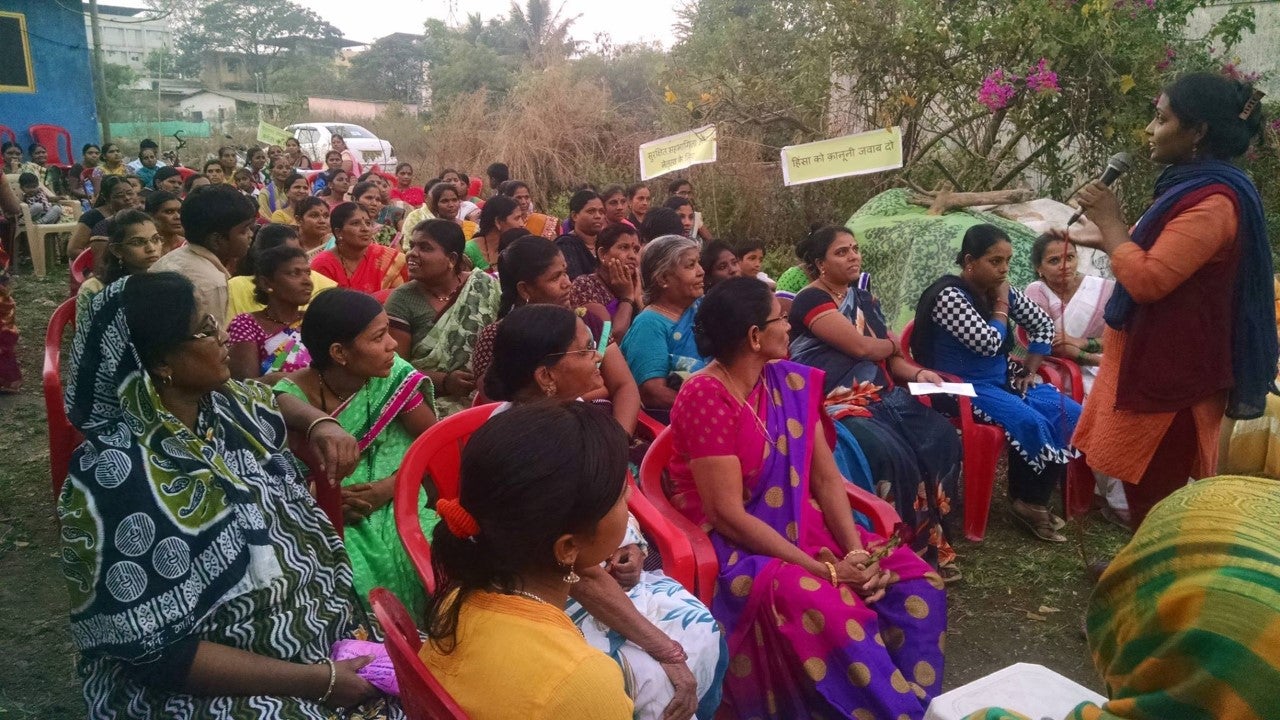
“They are anyway living outside in the open, and there are no toilets built for them or by keeping their needs in mind. So, we question if India is truly free of open defecation if such a large population finds it very difficult to access toilets that are safe, nearby, dignified, hygienic, and equipped with necessary facilities,” she adds.
Visakha concurs. “Why should you charge a user fee for public toilets? If the city needs revenue, why don’t we charge for parking cars across the city, because those are privileges, but toilets aren’t,” the feminist urbanism researcher asks.
“Why is the conversation about public toilet infrastructure for women something that we’re having as an afterthought, when it’s critical for half the population of the country to be able to step out?”
Join our commenting forum
Join thought-provoking conversations, follow other Independent readers and see their replies
Comments
Bookmark popover
Removed from bookmarks